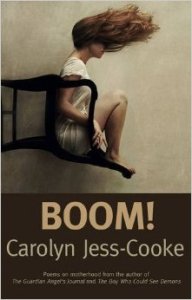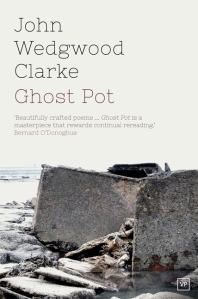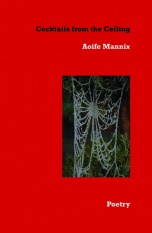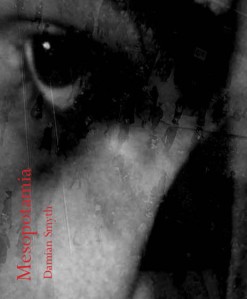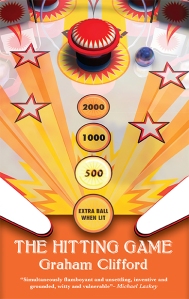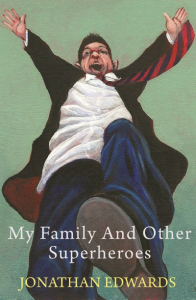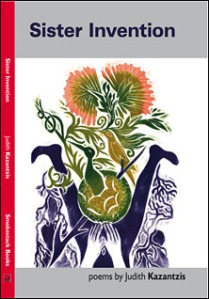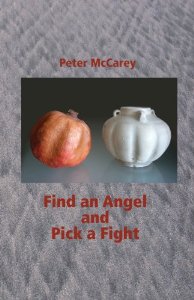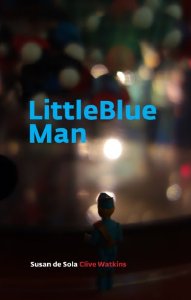BOOM!, Carolyn Jess-Cooke, Seren 2014, £9-99
reviewed by Judith Taylor
Devoting a full-length collection to a single subject is risky, the intensity of focus potentially offset by repetition or sameness of tone. in BOOM!,Carolyn Jess-Cooke doesn’t completely avoid the pitfalls. The overlap between ‘Working Mother’ and ‘Poem Made from Bits of Newspaper Headlines’, for instance, diminished their impact for me. ‘Working Mother’ is a strong poem, dramatising both the personal impact of motherhood
I was not ready
to leave the softness of her. My life before
peeled keenly from me, old weather
and its politics
Justified myself to strangers.
Argued over Child Tax Creditand nursery policies and childcare hours,
whether daycare created criminals
and divorce. Comfort ate.
But it suffers from being followed by the second poem, whose “found” examples don’t add anything to what the poet has said more effectively in her own words.
The latter’s closing line (“Who’d be a working mum in the UK?”) illustrates another weakening tendency of some of these poems – obvious choices, either in imagery (maternal protectiveness given the well-worn metaphor “you are/ addressing someone who just became a tiger/ so be careful”, in ‘Different Water’) or in editorialising. ‘What Matters’, for example, describing the horror of losing sight of your toddler in a crowded place, undermines itself with an unsubtle title and conclusion: parental helplessness is more powerfully evoked in the bolder ‘Thetis’, which reaches into the mythic in the face of a child’s illness
….lord of stealing his breath
I who thought I had conquered all by giving life
submit
submit
submit
Lapses like these sell short an interesting collection, which addresses a subject that is still under-explored compared to those with longer-standing canonical status. Alongside lyrical evocations such as ‘The Waking’, ‘Hare’ and ‘Daughtering’
How deftly you tell my many weathers, human barometer.
How my mother’s words fall out of my mouth
and then from yours
there are more painful, often more political, poems, enlivened by a broad choice of imagery, as in the title poem:
There was this baby who thought she was a hand grenade.
… she blew us to smithereens.
We survived, but in a different state: you became
organized, I discovered patience
or ‘The Days of the Ninth Month’, which emulates Sharon Olds’s ‘The Language of the Brag’ without imitating it, drawing on geology, archaeology and Old Testament story for its effects. I particularly liked ‘Motherhood Diptych’, whose medical analogy unfolds in an unexpected and witty direction. The collection opens out, too, in exploring how parenthood can send a person back to re-examine their own childhood, as in ‘Breaking My Father’, or ‘Children of the Bullied’, who roll their eyes at
… a kiss from their anxious
parents, to whom they are
so brave, so unlike them
And there are moments of transcendence, such as the beautiful, spacious ‘Belfast Murmuration’
No healing without first being broken
The way one bird shatters into thousands
There is a lot of substance in this collection: more stringent selection and editing, though, would have shown its strengths to better advantage.
Judith Taylor
http://www.deadgoodpoets.co.uk/judithtaylor/

